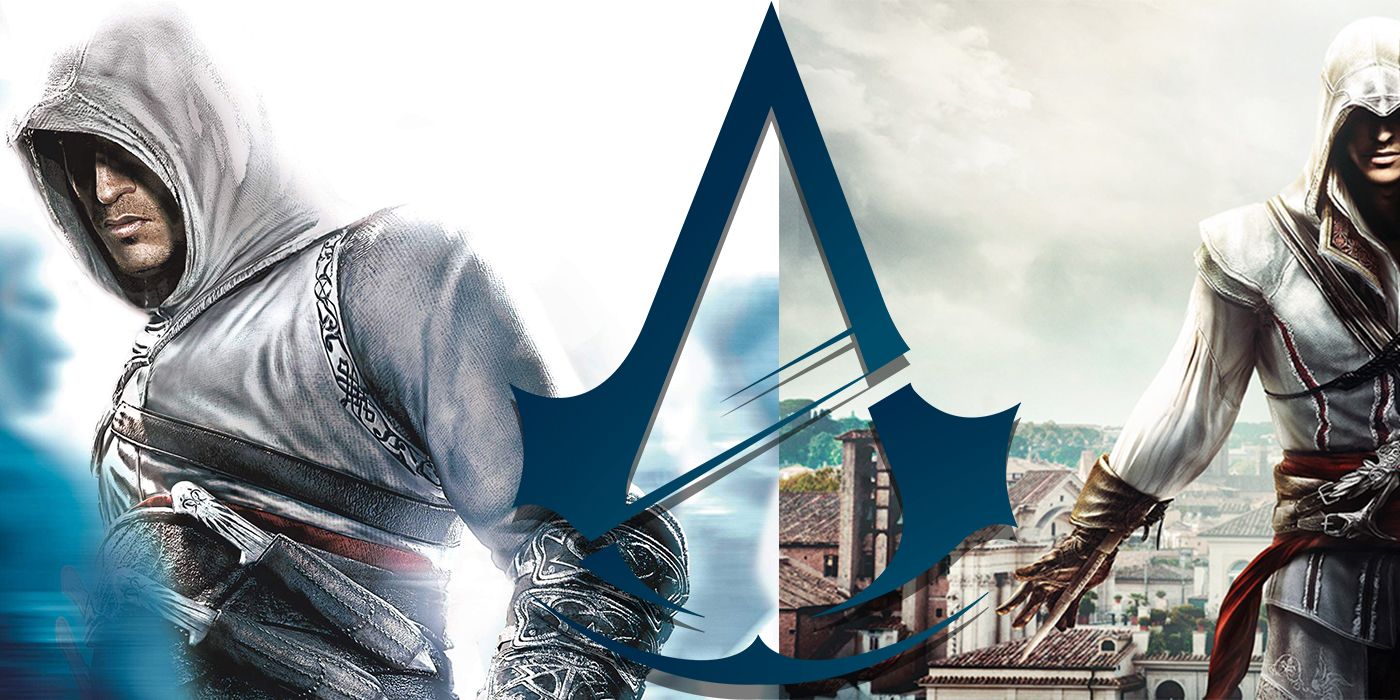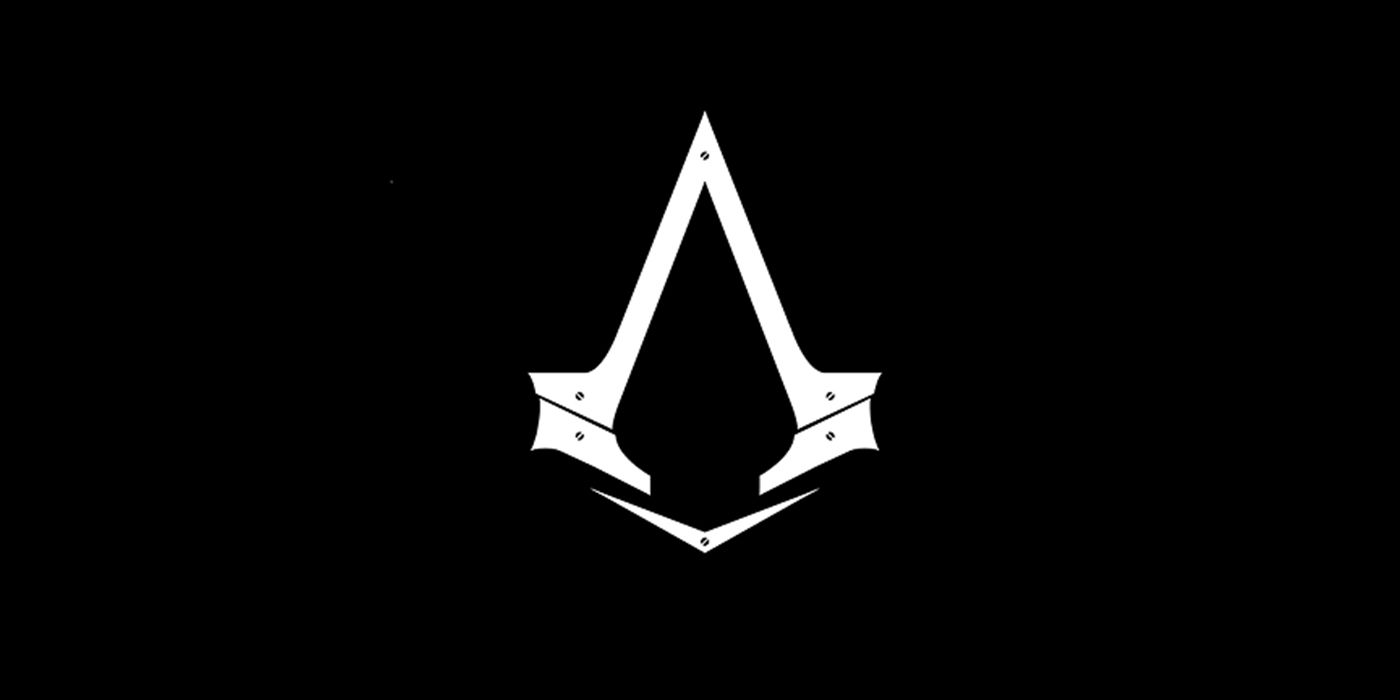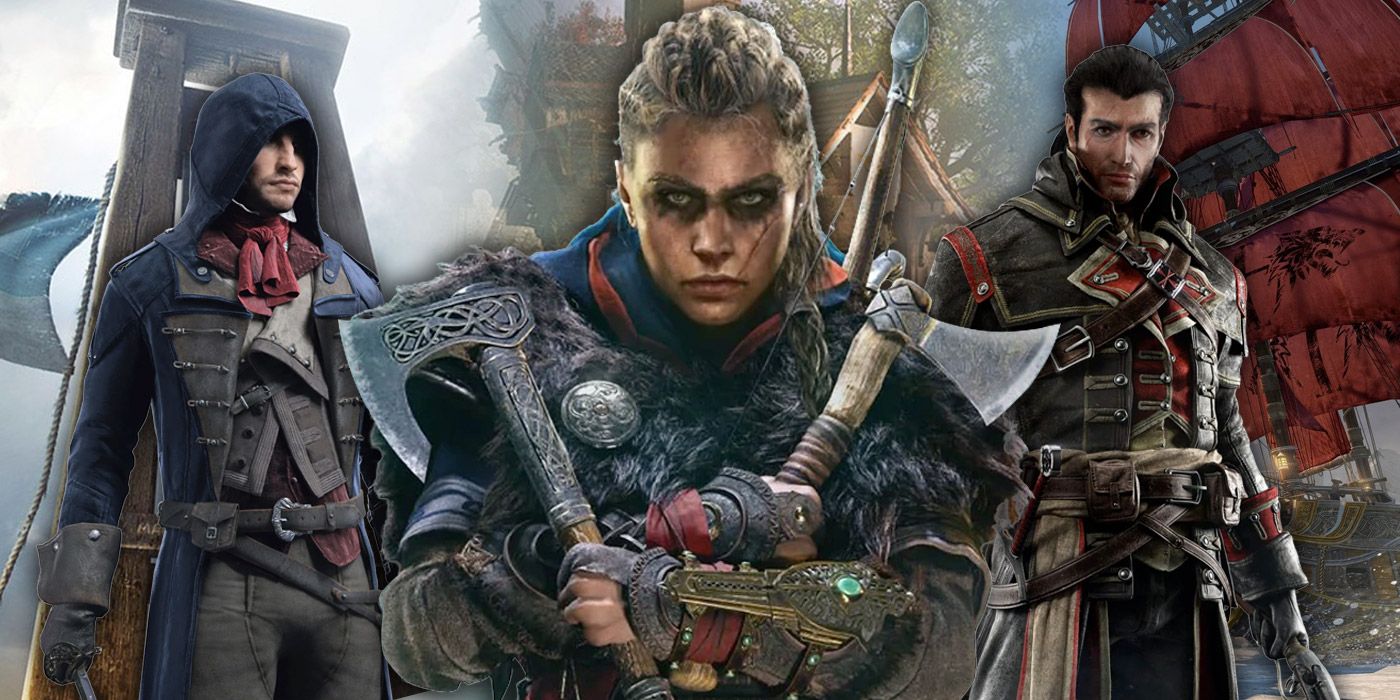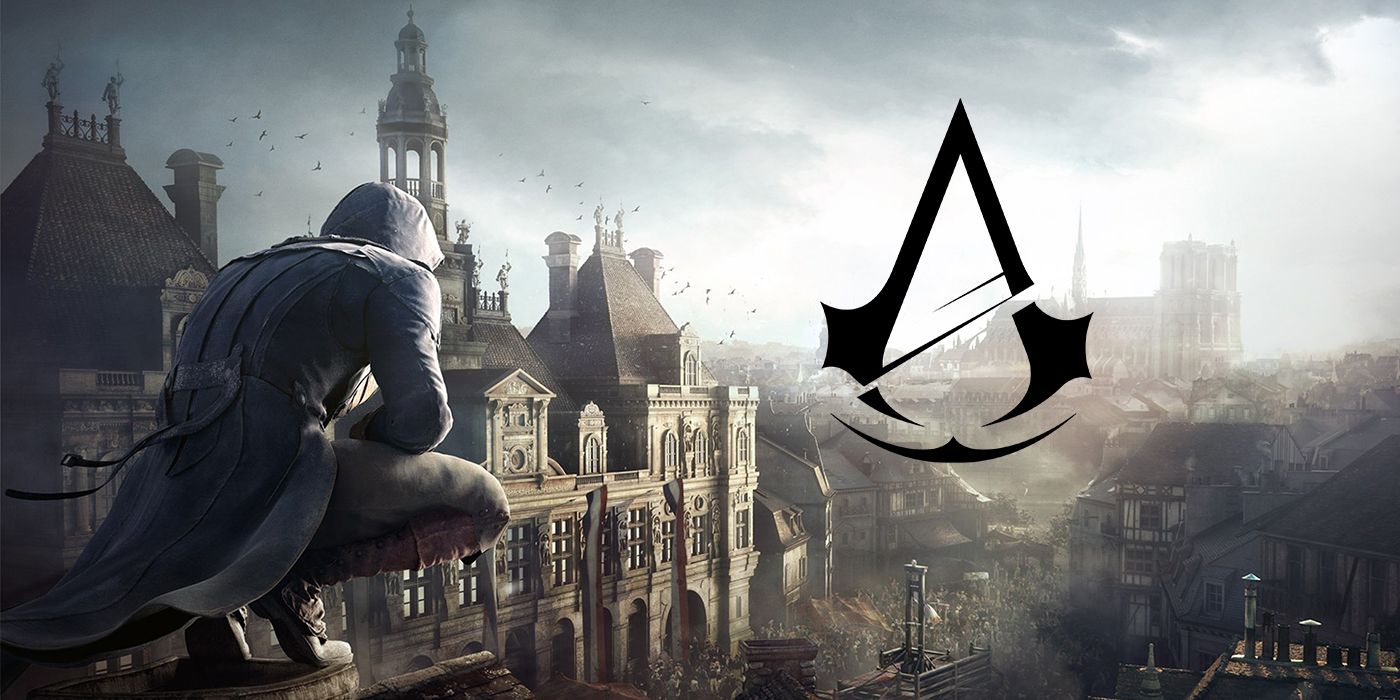
The Assassin's Creed franchise has been around for nearly two decades now, establishing a bold new take on historical sci-fi that has led to one of the most successful game series ever made. With tons of mainline entries, spin-off games, and even a movie or two, Assassin's Creed has had plenty of time to evolve since its inception, for better or for worse.It's time for the series to return to its roots, but it can still keep some new elements.
In recent years, Assassin's Creed has had a heavier focus on mythology and RPG elements than it has the struggle between the Assassins and the Templar Order. While the franchise's lore has always been a bit dense, things have become increasingly complex in recent entries, as Assassin's Creed games balloon out into experiences that can take over 100 hours to truly complete.
RELATED: Assassin's Creed Valhalla Community Deciphers Secret Message from Loki
This change of focus has led to better gameplay and stories, but for the most part, the newer games only feel like Assassin's Creed in name. A hefty amount of the iconography has been pushed to the wayside, and that can be a bit off-putting for fans. With these changes have been calls for another classic style Assassin's Creed, but there's no reason that the next Assassin's Creed game can't balance between both worlds.

There hasn't really been any information released about whatever's next for the Assassin's Creed franchise after Valhalla. During E3 last month, Ubisoft announced that Valhalla would get a second year of new DLC, so fans will presumably be playing it for the foreseeable future. That means that whatever Assassin's Creed game is on deck likely won't be gracing store shelves for at least a year or two, possibly longer.
This wait between new entries could end up being a good thing, though. It stands to reason that a dramatic shift between gameplay styles would require a bit longer in the oven, so Ubisoft may be working on something that's a departure from the three RPG entries in the series. If that does end up being the case, fans might be able to expect something along the lines of Black Flag again, as the was the last "traditional" style Assassin's Creed game before things started getting experimental - or possibly Rogue for those counting the Templar tale.
However, Assassin's Creed doesn't necessarily need to go that far back. In fact, the new elements that have been introduced, primarily in Valhalla and Odyssey, could serve the core Assassin's Creed formula well if they were handled the right way. Allowing players to flesh out their own Assassins is a great idea, even if that means tweaking an Ezio-caliber protagonist with different builds and abilities.

With bigger worlds, more characters, and a lot more side quests, the new Assassin's Creed games do bring a lot to the table. They've managed to be RPGs almost on the same scale as The Witcher 3, and while they may not necessarily always measure up to that bar, they're mechanically sound games through and through.
Truly, the lasting complaints from fans about the new formula - besides those from the usual unpleasable dissidents - are simply that players don't get to be a real Assassin. Instead, things go farther back, forcing players into conflicts with precursors to the Assassins and Templars rather than the real thing. The RPG elements themselves, however, are fairly reasonable and shake up the gameplay in exciting new ways.
Plus, the overhauled combat system, which ties directly into how the skill trees function, is a marked improvement over the classic Assassin's Creed combat styles, which usually saw players simply countering and stabbing enemies that attacked one at a time. Those elements can all help shape the next Asssassin's Creed entry, but it's time for fans to step back into the robes of a proper Assassin.

Oddly enough, the perfect direction for the next Assassin's Creed game already exists, though it comes from one of the least popular entries. Or at least, one of the most technically disastrous entries that the Asssassin's Creed franchise fanbase has had to deal with.
That game is, of course, Assassin's Creed Unity, the game set during the French Revolution that marked the leap to the PS4 and Xbox One when they were next-generation consoles, but had some glaring problems on PC. Many of those faults have been fixed in the seven years since launch, but it's still a bit of a stain on the franchise's repuation.
However, Assassin's Creed Unity marks something of a junction point for the franchise. It was the first to try and overhaul the Asssassin's Creed formula, giving players a broader sweet of weapons and abilities while overhauling the combat and parkour mechanics.
In retrospect, Assassin's Creed Unity is something of a middle point between classic and modern Assassin's Creed games, and despite its problems, its core mechanics are the best bet Ubisoft has to balance the RPG elements with classic iconography. If Ubisoft were to refine that formula, set the game in an equally impressive setting as the other games, and tell a story about the struggles between Assassins and Templars, it could very well have a hit on its hands.
Remove the technical issues and Asssassin's Creed Unity is a compelling game. Plus, Ubisoft has learned a lot in the time since it released Unity originally, implementing a bevy of refinements to its new RPG formula that have helped the series carve out a space in the genre. All of those lessons can combine to create something that honors both the past and the present of the Assassin's Creed franchise.
Unfortunately, it's probably going to be a long time before fans hear anything about a new Assassin's Creed game, and even then it might not check all of the community's boxes. However, it's becoming increasingly clear that players really want to be able to call themselves Assassins again. Hopefully, Ubisoft is listening.
MORE: Assassin's Creed Valhalla's Siege of Paris DLC Can't Ignore Arno Like Wrath of the Druids Did Shay

